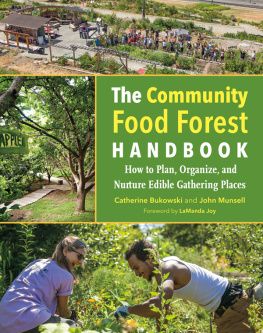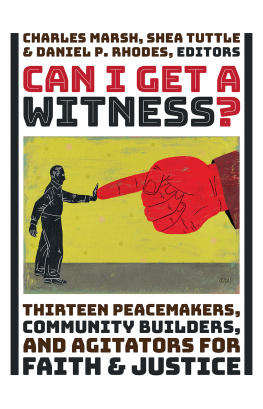Daniel Raphael - Social Sustainability HANDBOOK for Community-Builders
Here you can read online Daniel Raphael - Social Sustainability HANDBOOK for Community-Builders full text of the book (entire story) in english for free. Download pdf and epub, get meaning, cover and reviews about this ebook. year: 2015, publisher: Daniel Raphael Consulting, genre: Politics. Description of the work, (preface) as well as reviews are available. Best literature library LitArk.com created for fans of good reading and offers a wide selection of genres:
Romance novel
Science fiction
Adventure
Detective
Science
History
Home and family
Prose
Art
Politics
Computer
Non-fiction
Religion
Business
Children
Humor
Choose a favorite category and find really read worthwhile books. Enjoy immersion in the world of imagination, feel the emotions of the characters or learn something new for yourself, make an fascinating discovery.

- Book:Social Sustainability HANDBOOK for Community-Builders
- Author:
- Publisher:Daniel Raphael Consulting
- Genre:
- Year:2015
- Rating:3 / 5
- Favourites:Add to favourites
- Your mark:
- 60
- 1
- 2
- 3
- 4
- 5
Social Sustainability HANDBOOK for Community-Builders: summary, description and annotation
We offer to read an annotation, description, summary or preface (depends on what the author of the book "Social Sustainability HANDBOOK for Community-Builders" wrote himself). If you haven't found the necessary information about the book — write in the comments, we will try to find it.
Social Sustainability HANDBOOK for Community-Builders — read online for free the complete book (whole text) full work
Below is the text of the book, divided by pages. System saving the place of the last page read, allows you to conveniently read the book "Social Sustainability HANDBOOK for Community-Builders" online for free, without having to search again every time where you left off. Put a bookmark, and you can go to the page where you finished reading at any time.
Font size:
Interval:
Bookmark:

PO Box 2408
Evergreen, Colorado 80437-2408 USA
Website: socialsustainabilityproject.com
E-mail: daniel.raphaelphd@gmail.com
All rights reserved.
ISBN: 978-0-692-41640-2 (paperback)
130 pages
Library of Congress Catalog Number: 2015905085
1st Edition (6" x 9") 1st printing 2015
Second Printing, 2015
Social Sustainability Handbook for Community-Builders
ISBN: 978-0-692-41640-2 (paperback)
LCCN: 2015905085
PO Box 2408
Evergreen, Colorado 80437-2408 USA
303.641.1115

Evergreen, Colorado 80437 USA
still rests on the growing willingness
of one generation
to invest in the welfare
of the next and future generations.
still rests on the growing willingness
of one generation
to invest in the welfare
of the next and future generations.
- There must be a fair, uniform and universally applicable method for achieving that goal;
- There must be a decision-making process that is universally applicable so that anyone can use it to make decisions that support social sustainability locally, nationally or globally;
- There must be a democratic process of social sustainability that engages the intelligence and wisdom of local citizens for choice-making among sustainable options, and that is easily accessible on a frequent basis.
Font size:
Interval:
Bookmark:
Similar books «Social Sustainability HANDBOOK for Community-Builders»
Look at similar books to Social Sustainability HANDBOOK for Community-Builders. We have selected literature similar in name and meaning in the hope of providing readers with more options to find new, interesting, not yet read works.
Discussion, reviews of the book Social Sustainability HANDBOOK for Community-Builders and just readers' own opinions. Leave your comments, write what you think about the work, its meaning or the main characters. Specify what exactly you liked and what you didn't like, and why you think so.








![switching.social [switching.social] - The Switching Social Handbook](/uploads/posts/book/131346/thumbs/switching-social-switching-social-the-switching.jpg)

